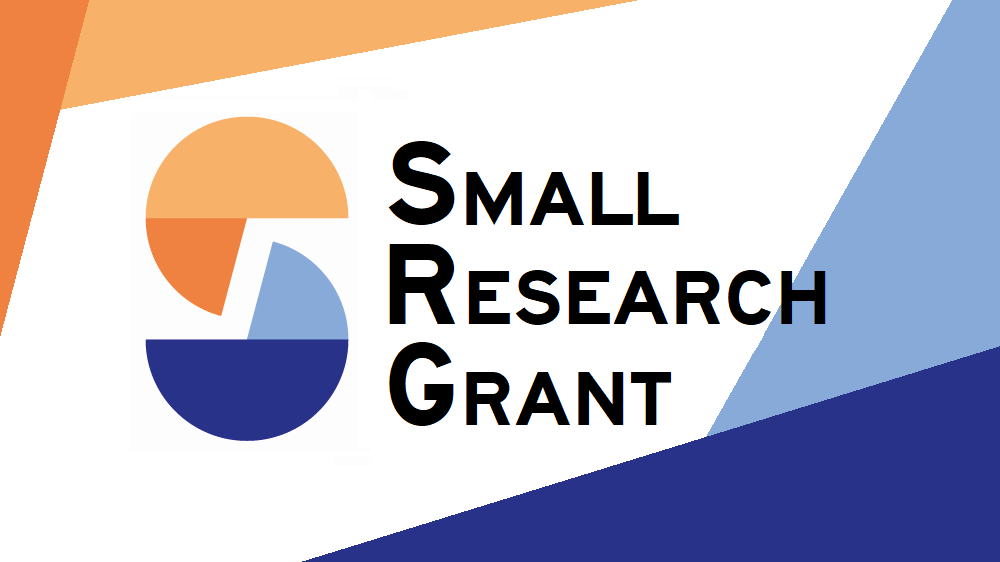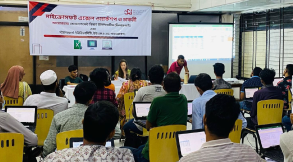Expanding the manufacturing sector has traditionally been the focus of many development policies. Large and formal manufacturing features unconditional convergence across countries, which holds the promise of growing a high-productivity sector while also increasing the real wages of low-skilled workers. Additionally, through backward linkages, it may help develop other domestic sectors up the supply chain. Early starter countries to the process of industrialisation followed this model to great effect, with employment in the manufacturing sector rising as the value added of the sector rose. However, in many lower-income countries that started this process later, there exists a substantial divorce between manufacturing value added and employment shares, raising important puzzles relevant for policymakers in developing countries. This project aims to understand why this divorce exists for late starter countries leveraging uniquely rich establishment-level data covering 70 years of the Colombian economy.
This project analyses plant-level panel data from the Colombian manufacturing sector and complements it with census data on agriculture and services across multiple cross-sections. Further data from household surveys that contain indirect information on the informal sector supplement these sources. Taken together, these data make it possible to trace the industrialisation process at a granular level for the last 70 years and to tease out potential alternative mechanisms driving the industrialisation process. For example, some accounts emphasise the role of minimum wages and labour unions in distorting firm entry and growth in the Colombian manufacturing sector (and many other Latin American countries). Alternative theories for the evolution of the manufacturing sector point out that only very large firms can operate high-productivity capital-intensive technologies or that, conversely, capital-biased technological change occurs across the board.
This research will document the importance of diverging paths of development for manufacturing value added and employment to inform industrial policy for late-starter countries. These patterns can be seen across lower-income countries, including many in sub-Saharan Africa. The work will also better inform the potential impact of industrial policy, front and centre in many development discussions, by uncovering specific mechanisms that generate the wedge between employment and value-added shares. Depending on which mechanisms are at play, the consequences for industrialisation policy could be very different.

















































